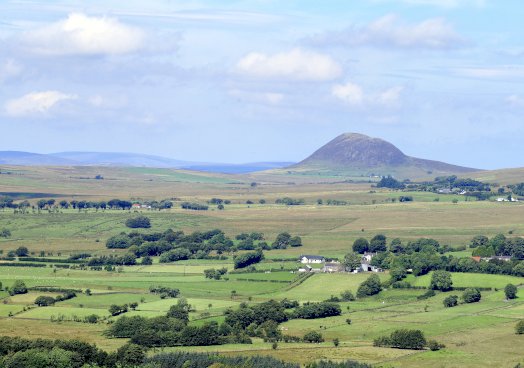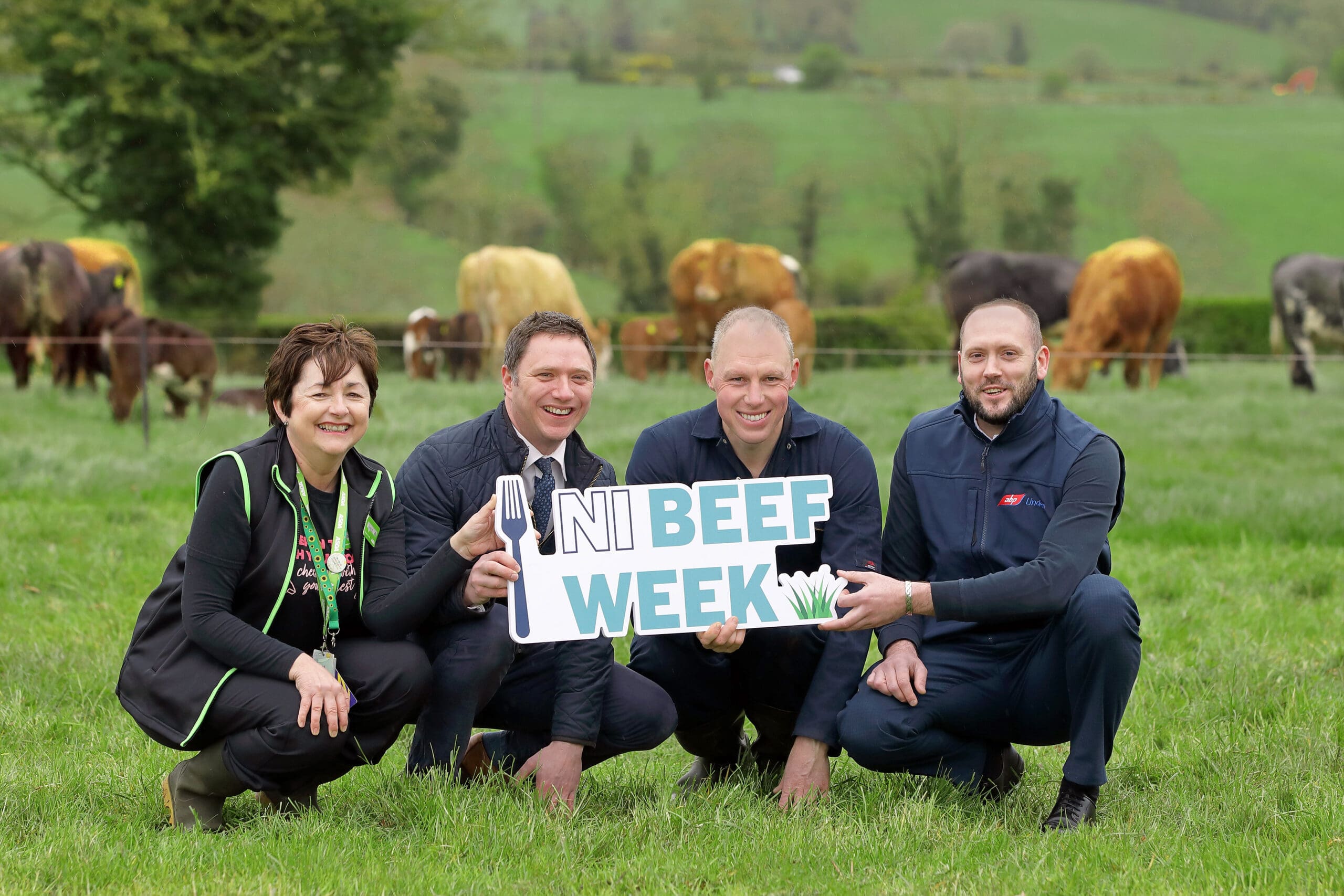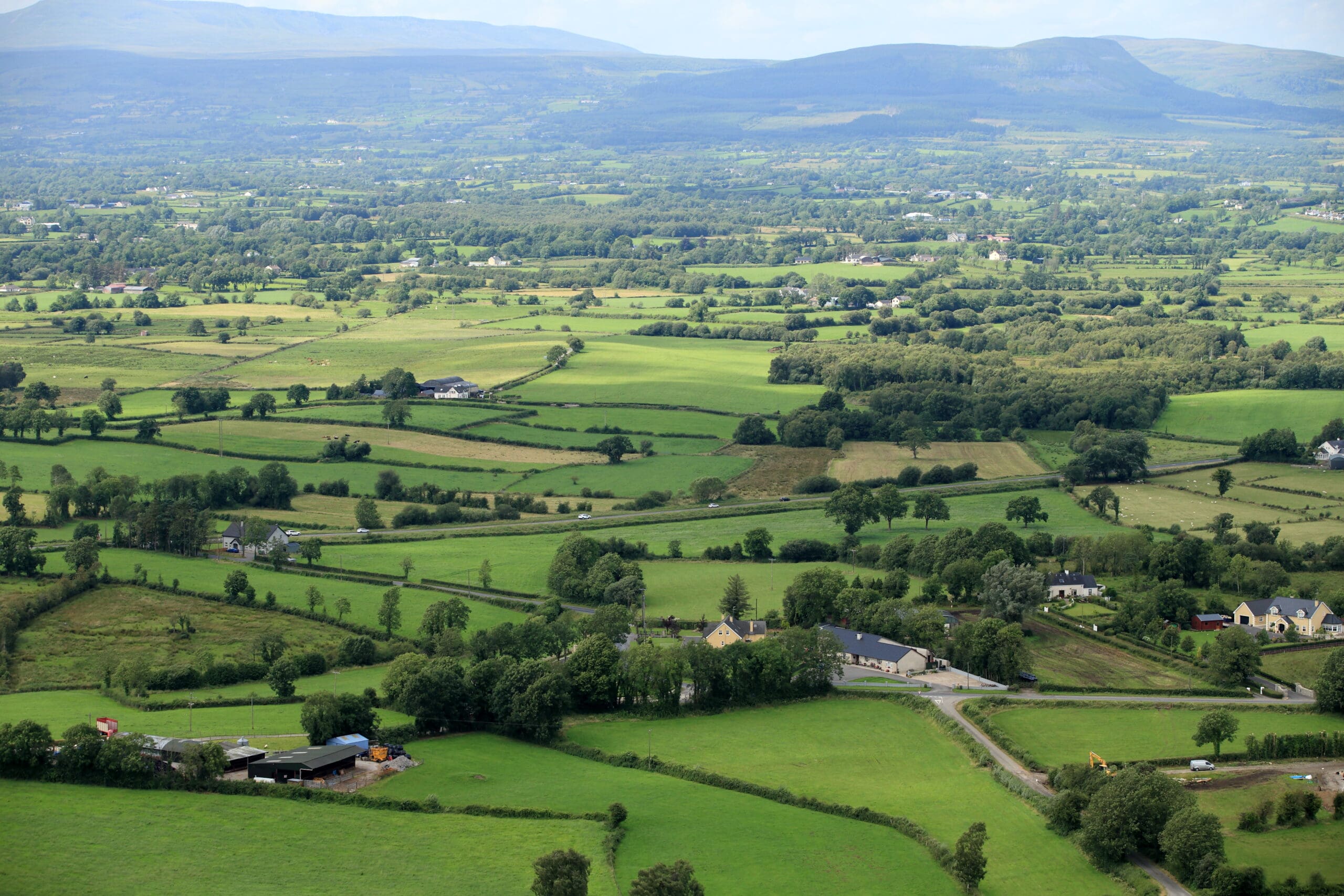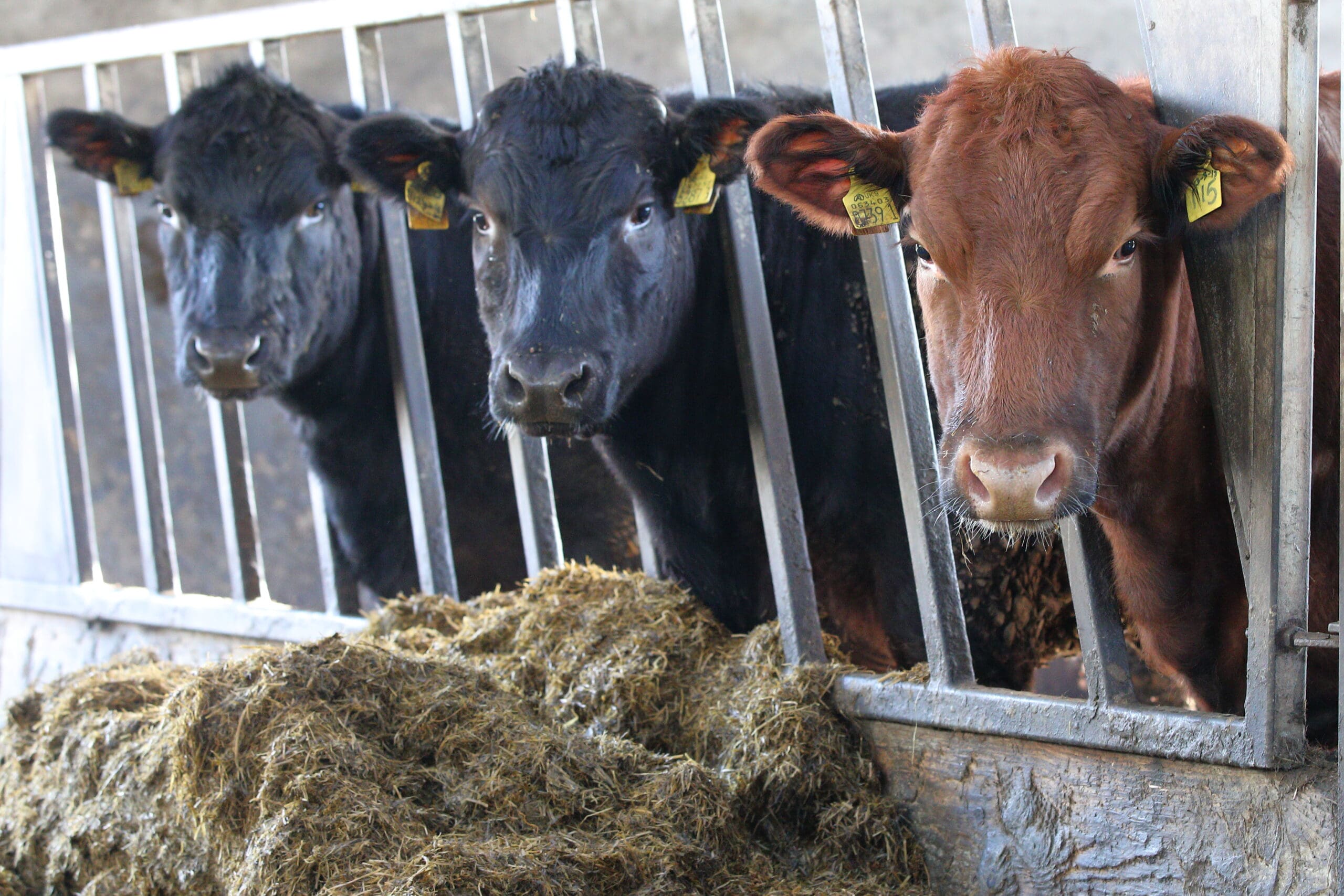
The Ulster Farmers’ Union (UFU) says it recognises the need to reduce emissions within the Northern Ireland (NI) agriculture industry. However, having thoroughly read through the draft ammonia strategy and engaged with members, the UFU has made it clear in its response that the policy lacks much-needed clarity and fails to deliver fair, logical proposals.
UFU deputy president William Irvine said, “DAERA’s approach towards the draft ammonia strategy consultation, has been unjust from the get-go. DAERA failed to produce an up-to-date regulatory impact assessment covering all the measures proposed. It’s completely unacceptable as government are unable to assess the true potential costs or benefits of these recommendations without an accurate impact assessment.
“Given the inaccuracies and gaps within the regulatory impact analysis and other parts of the draft strategy, the UFU is concerned that this consultation process is fundamentally flawed. Members have absolutely no confidence in the consultation process or the ability of DAERA and NIEA to draft and deliver a complex ammonia strategy that will help farmers to reduce emissions. The proposals are neither balanced nor coherent. The consequences will have a very significant impact on local family farms, and yet, there is limited detail on some aspects.
“Members are particularly uptight regarding proposed targeted measures around internationally designated sites. The targeted measures focused on these specific areas has the potential to seriously hinder farming activities and affect a significant number of farmers financially. Ammonia is typically seen as a livestock problem, but all sectors will be affected with large areas of arable land being potentially caught up in the proposed policy.
“There also remains a huge lack of clarity on a funding package and no detail is provided on how the strategy will be rolled out. While we recognise there are many technologies and techniques that could be adopted to help reduce emissions, these will range in acceptability and affordability, and the practicalities of adopting such technologies will vary between farms and sectors.
“In particular, members are worried about plans to phase out splash plates on all farms. LESSE is extremely expensive to purchase with no firm commitment to financial support being made by DAERA. If a contractor needs to be used as an alternative, smaller farmers tend to be put to the end of a long list, losing their flexibility to spread slurry during the most optimum conditions.
“We’ve made it clear in our response that many of the proposals within the draft ammonia strategy are unacceptable as they stand. It’s now critical that DAERA take on board the feedback and appropriately re-examine the proposals in order to amend the policy so that is it fitting and suitable, supporting NI farmers to tackle ammonia emissions.”




